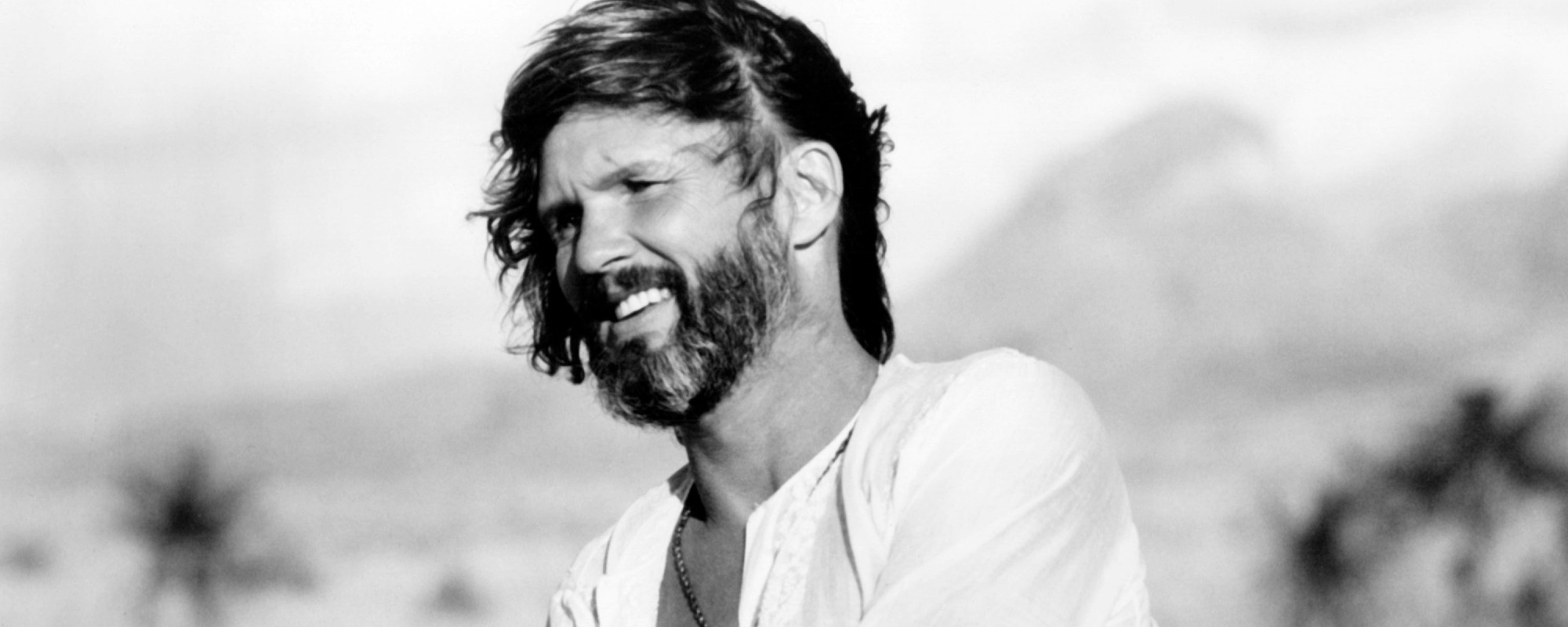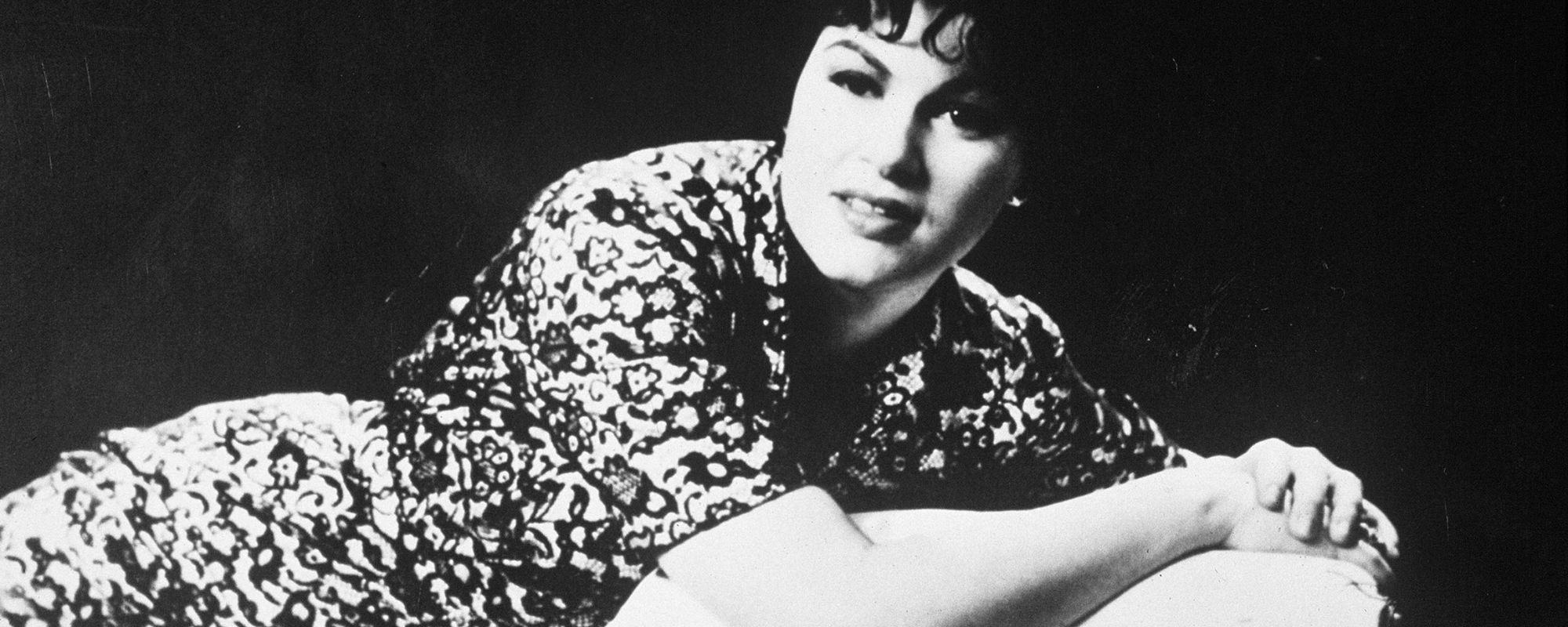Have you ever just had your world absolutely reordered because of a piece of music? If you consider yourself a devout music fan, then you surely have, and one genre that seemingly tends to lead to existential questions about philosophy, politics, and life itself is folk music. Specifically, the folk music of the 1960s. That being said, here are three folk songs from the 1960s that likely rattled your worldview after listening to them.
Videos by American Songwriter
“The Times They Are A-Changin’” by Bob Dylan
Bob Dylan, what else is there to say about the man other than that he recreated the nature of the modern song? Actually, a great deal of many things, but we don’t have the time or the word count to write a dissertation about Bob Dylan’s effect on songwriting. However, of the many songs he wrote, one of the most impactful is his 1964 folk single, “The Times They Are A-Changin’”.
The meaning of Dylan’s classic stays relevant no matter the year. In short, Dylan tells the world that ideals matter and that change is not only possible but also inevitable. Regarding protest songs, it is one of the more notable of the 1960s, as it thematically resonates with the world to this day.
“Catch The Wind” by Donovan
Donovan‘s 1965 folk single “Catch The Wind” doesn’t dwell on politics, society, or philosophy. Rather, it tells the simple yet truthfully timeless tale of unrequited love. “Ah, but I may as well try and catch the wind” is the epistrophe Donovan utilizes in this song, and to us, there is no better way to personify the romantic rite of passage of losing love.
Like many songs of this nature, there is a comfort in Donovan’s single. Yes, its subject matter is inherently tragic, but Donovan is inadvertently telling the listener that it’s better to have loved and lost than to never have loved at all. Therefore, motivating the broken-hearted masses to try and love again.
“Where Have All The Flowers Gone” by Peter, Paul, and Mary
Originally written by Pete Seeger in 1955, the most famous recording of this song is by Peter, Paul, and Mary‘s 1962 version of the track. The lyrics of the single are an anti-war protest that sheds light on the recurring tragedy of war. However, they are far from just that, as the lyrics also shed light on the essential topic of mortality and the passage of time itself.
If anything, this song makes you think extensively. Not just about war, but about the two daunting themes mentioned above. If you consider yourself an intellectual or just a deep thinker, then you will have no choice but to get lost in the ideas of this song.
Photo by Hulton Archive/Getty Images













Leave a Reply
Only members can comment. Become a member. Already a member? Log in.